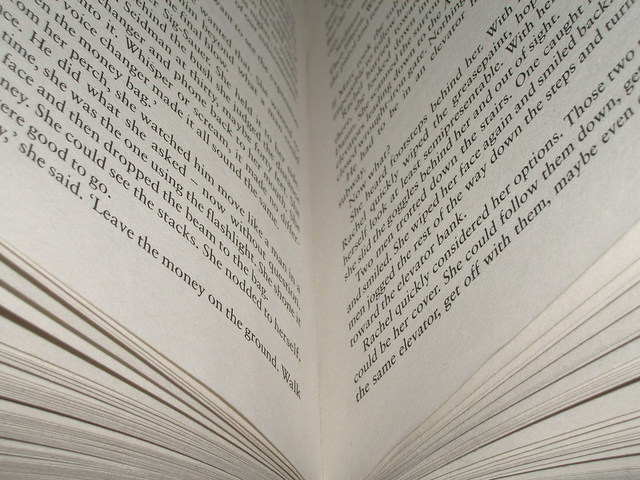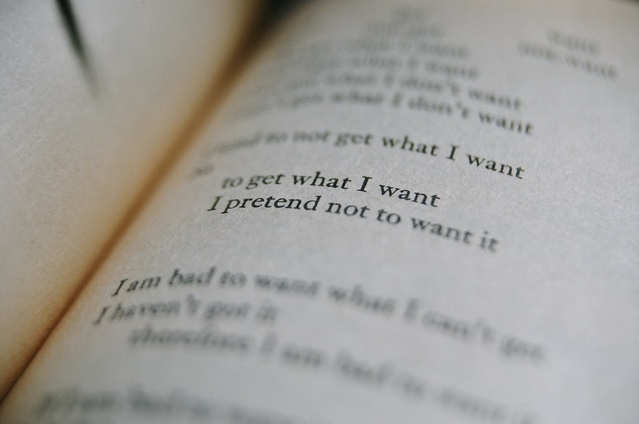After the girl left with her parents, Dad settled in one of the chairs on the balcony and pitched a series of reasons as to why she would make a good wife. She was the daughter of one of his closest friends and, hence, came from a known family. She had been raised in the strictest tradition of Hindu orthodoxy and was, therefore, well-versed in our customs and traditions. And what was most important–she and I were similar in matters of religion and caste.
Occasionally, he interrupted his monologue to sip from a glass of water standing on the table in front of him. While speaking, he often glanced in the direction of Mom seated in the chair to his right. She never failed to nod, indicating she was in agreement with everything he was saying.
I sat in front of them, listening quietly. The white sands of Tybee beach stretched below, where a mélange of white, black and bronzed bodies soaked up the late afternoon sun. Beyond the beach, the Atlantic sprawled as far as the eye could see, its surface glinting like a firmament of stars in the sunshine.
My mind went back to the girl and her parents. No sooner had they arrived than I realized what a mistake I had made by agreeing to see them. At no point was the mistake more obvious than when Mom and Dad retreated, rather indiscreetly, to the living room with the girl’s parents, leaving the two of us alone on the balcony. That was the time we were supposed to connect. But all we could share was silence. She was waiting for me to take the lead. But I could find nothing to share with her–that girl with whom I shared everything by way of background.
I marvelled at how quickly things had changed. Just a month ago, I could never have envisioned what was happening. Me sitting here like this listening to Dad! And he, too, had been ready to disown me. I could still hear his voice on the phone, brimming with anger; a voice to which I replied in kind, pronouncing him intolerant, dubbing his views outdated…But then, a month ago, I was planning to marry Christina. And now here I was, like any good Hindu boy, contemplating marriage with a girl Mom and Dad had brought home…
I came to America to do my M.B.A. at the University of Georgia. In my second class, I met Christina. She was sitting right next to me. The professor divided us into groups of two to come up with a business plan for a fictional product that we were supposed to present to the class in a month. Christina and I formed one group.
She was an Irish-American girl, slim and petite, with hazel eyes and auburn hair. She was from Philadelphia and, hence, a Yankee, in some ways as much of an outsider in the deep South as I was. I guess that was why we spent so much time together that first month. We were both friendless in a strange place.
She had difficulty pronouncing my name–Krishan. She asked if she could call me Christian, instead. I agreed. In the ensuing weeks and months, my real name was stored away like unused china, rescued from obscurity only during my infrequent conversations with my parents over the phone. Otherwise, I was Christian. Unlike Krishan, Christian didn’t cause people to roll their eyes or raise their eyebrows. Nor did I ever have to spell it out or pronounce each syllable slowly. It was familiar, and, more than that, it made me feel as if I belonged.
On the night before the presentation, I stayed in Christina’s apartment. Unlike me, who had roommates, she lived alone. We rehearsed well into the night, falling asleep on her living room carpet amid papers, overhead transparencies and empty cardboard boxes that had contained pizza. The presentation went well in the morning. We celebrated by going to a bar in the evening, where we both had a little too much to drink. Before the night was out, we were lovers.
We began living together four months later. When my parents enquired who my new roommate was, I told them his name was Christian. Christina, however, informed her parents about me. She didn’t tell me about their reaction, but, from the way she looked after she got off the phone, I could tell they weren’t pleased.
From there on, we carefully avoided any reference to our families. We called them only when we were alone at home. When Christina went back to Philadelphia for Thanksgiving and Christmas, she went by herself. On her return, she never told me what transpired. Nor did I ask. When I visited India for a few weeks during the summer vacation, I e-mailed her from cybercafes and phoned from public telephone booths. When I got back, I showed her pictures of palaces, the Himalayas and people in exotic clothes, but not one of my family.
After graduation, we both got jobs in Savannah, Ga. We rented an apartment on Tybee Island, about twenty minutes from downtown. That year in Tybee was our best together. At the university, we had been students subsisting on a shoestring. Now, for the first time, we had money to indulge ourselves.
At the end of one year, I got a bonus. We went out for dinner to celebrate. It was during the meal that I noticed a faraway look in Christina’s eyes. She was picking on her food, with a drawn face.
‘What’s the matter?’ I asked.
She pursed her lips.
‘I was thinking about the future,’ she said.
‘The future? Come on, Christina, when everything is going so well what could possibly go wrong in the future? Don’t worry about it. Just enjoy the moment.’
‘I have been for the past three years.’
She leaned forward.
‘I’ve been thinking about this for some time, Christian,’ she said. ‘It’s different for a man. Men can keep on living in the moment forever. But I am a woman. I want to get married and have children. I want to see my children grow up and go to college. I want to see my grandchildren. How long do you think I can afford to wait? I am already twenty-seven years old.’
I looked away. I could see what she was getting at. She continued to stare at me. Finally, I took a deep breath.
‘I hadn’t thought about it like that,’ I said. ‘But getting married is more than just about the two of us. We have our families to consider.’
‘At least I told my parents about you,’ she said. ‘You haven’t even mentioned me to yours.’
Her tone was accusing. I didn’t say anything. She sat still, looking down at her plate.
‘I’ll go to Philadelphia and talk to them,’ she said.
Her eyes rose towards me.
‘I’ll talk to them too,’ I said.
But I did not. Not that week, nor the week after when she left for Philadelphia. I meant to, but, each time I was with them on the phone, the words refused to come out. I guess I was scared. I had a fair idea of what their reaction would be. So I kept putting it off, half-hoping that Christina’s parents would bail me out by nixing the notion altogether.
But when she got back from Philadelphia, I knew there was no escape. The broad smile, with which she greeted me at the airport, was enough to tell me how things had gone.
‘Krishan,’ it was Dad’s voice.
I looked around, confused. Then I remembered.
Mom and Dad were eyeing me. Dad was finished with whatever he had to say. I hadn’t heard most of it. But I had a fair idea of what it would have been.
‘I’ll think about it,’ I told them.
Vikram Kapur currently teaches creative writing School of Literature and Creative Writing at the University of East Anglia, and reading his PhD.He has two novels published and has received a Breadloaf scholarship, a
Vermont Studio Center fellowship, a Wesleyan scholarship and a Squaw Valley Community of Writers scholarship, among other awards. His work has featured across the globe, in India, the US and here in the UK, notably in New Writing, Spiked, The Seattle Times, Calliope, The Hindu and The Pioneer. This is an extract from his short story, Unlike Water.

